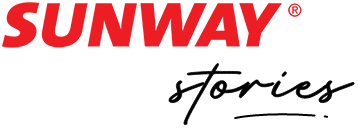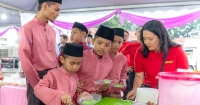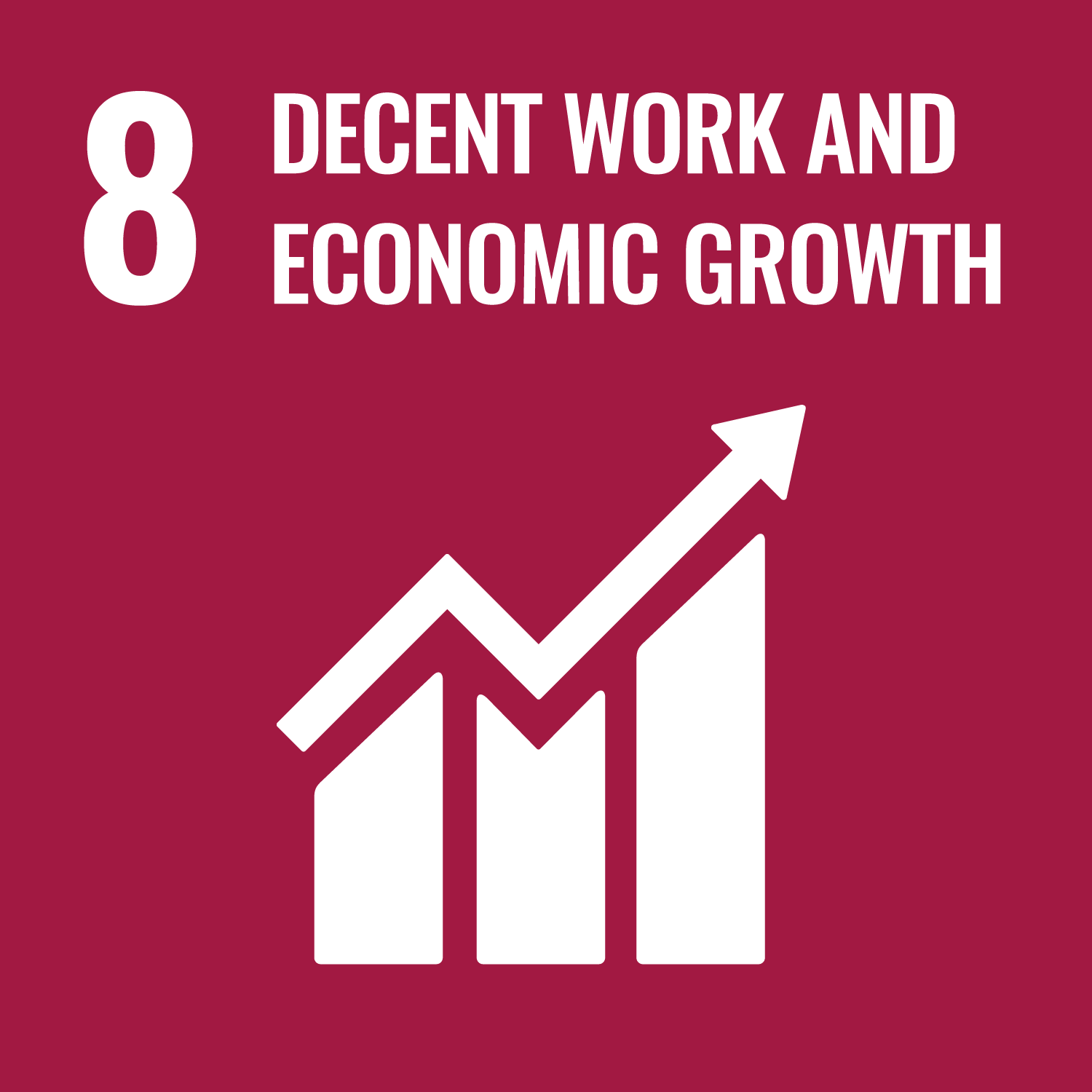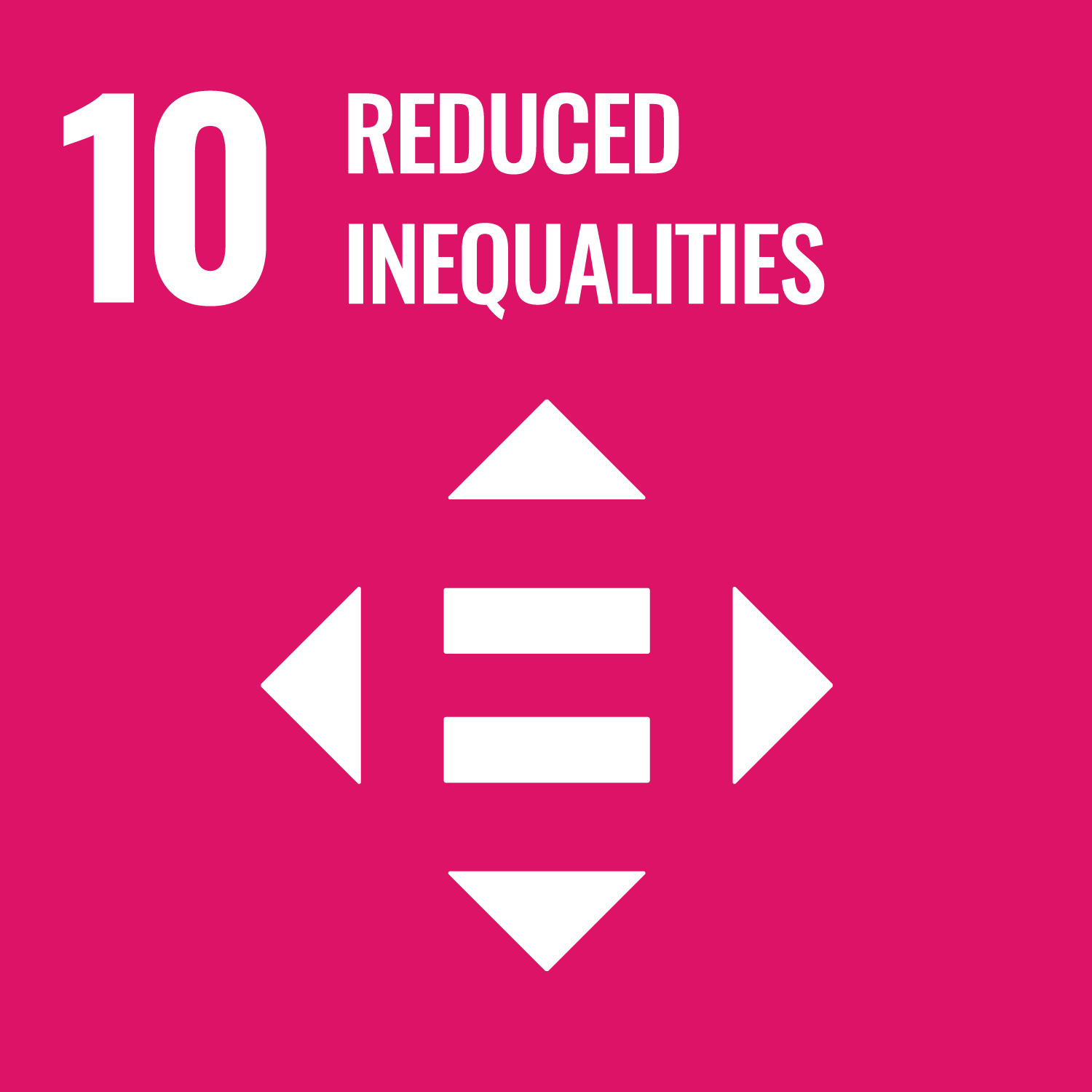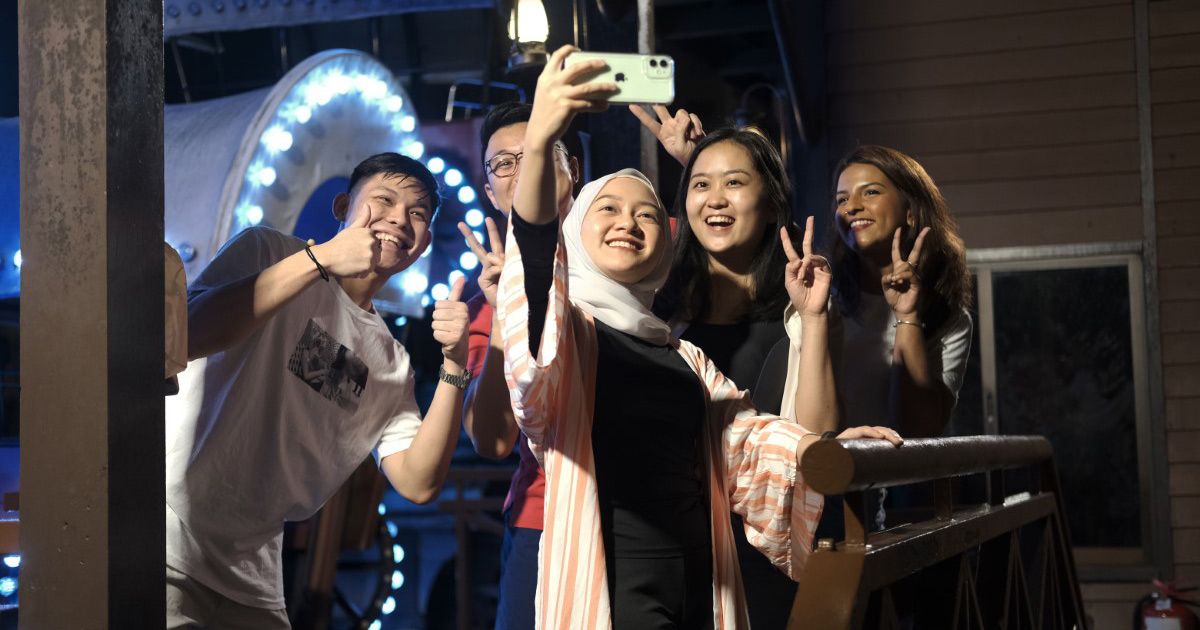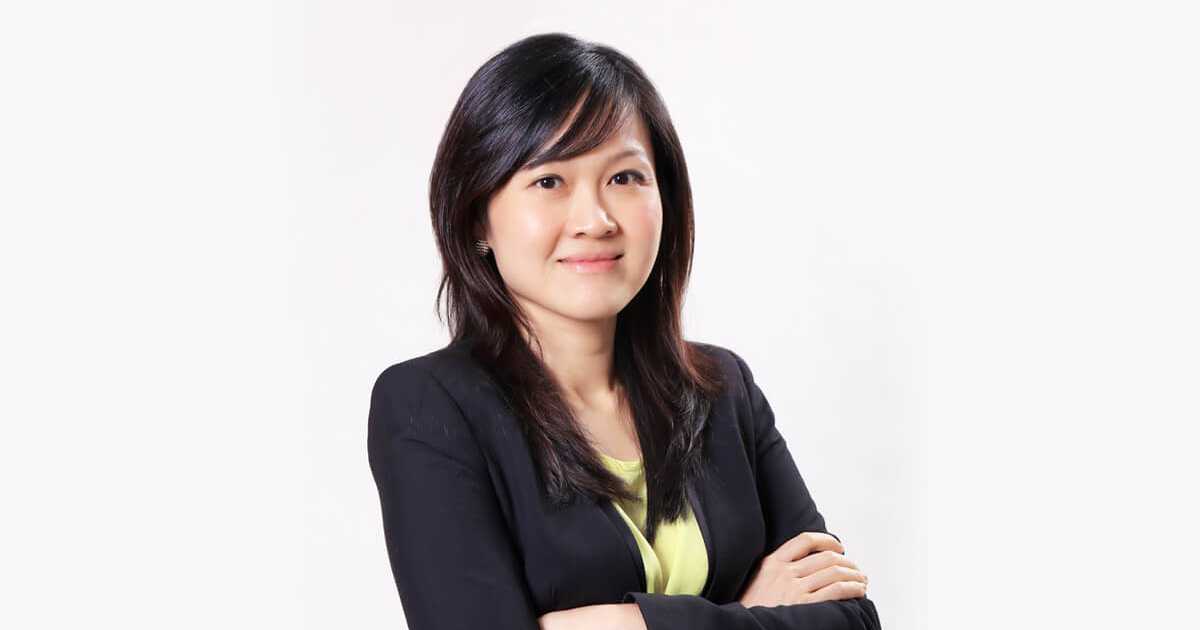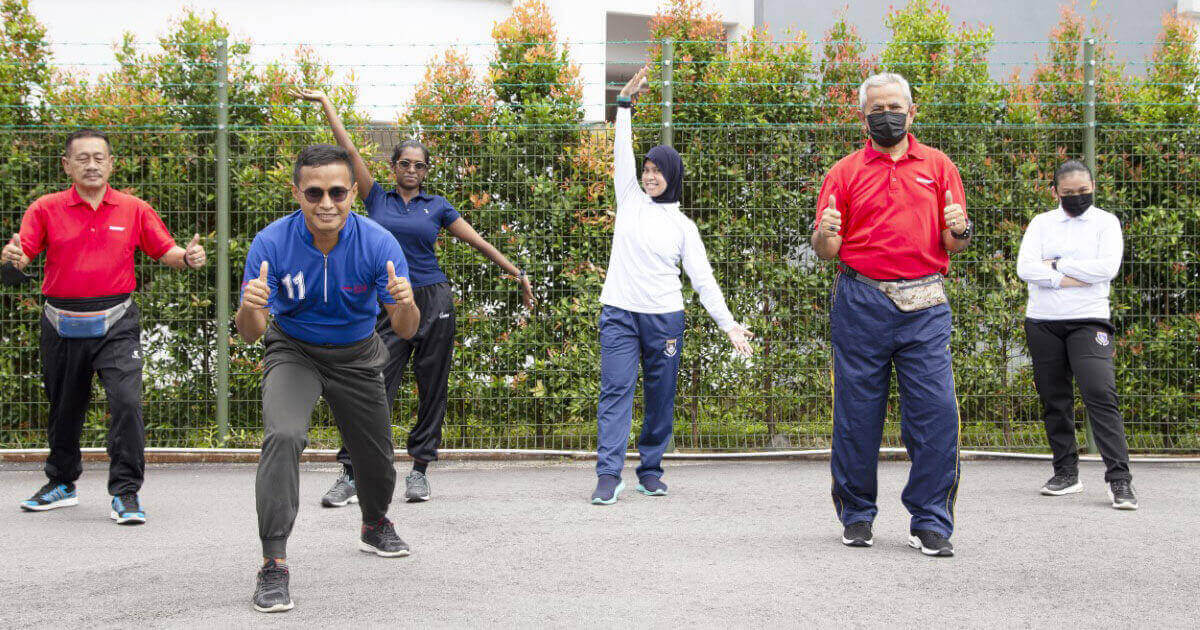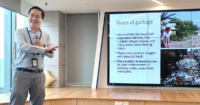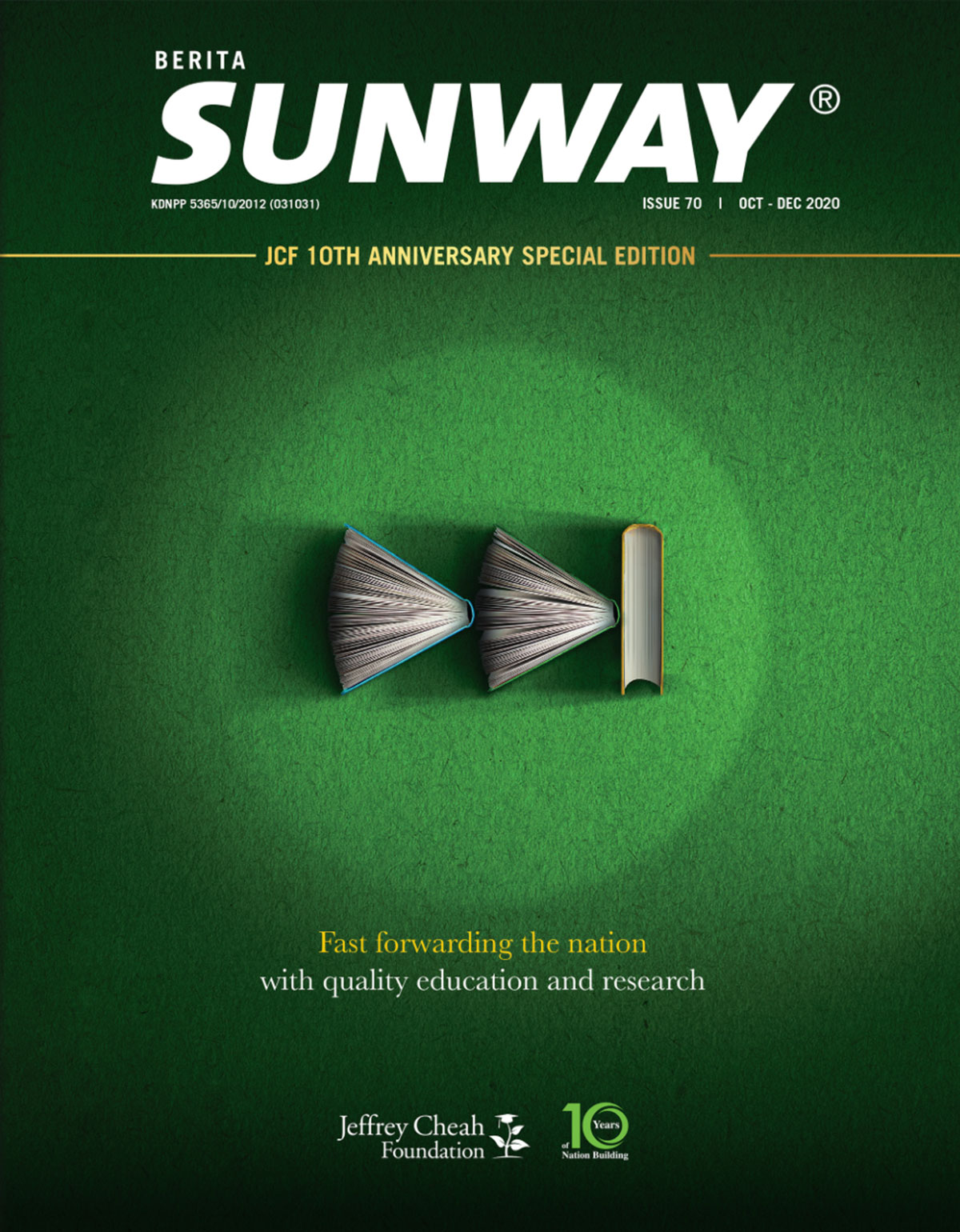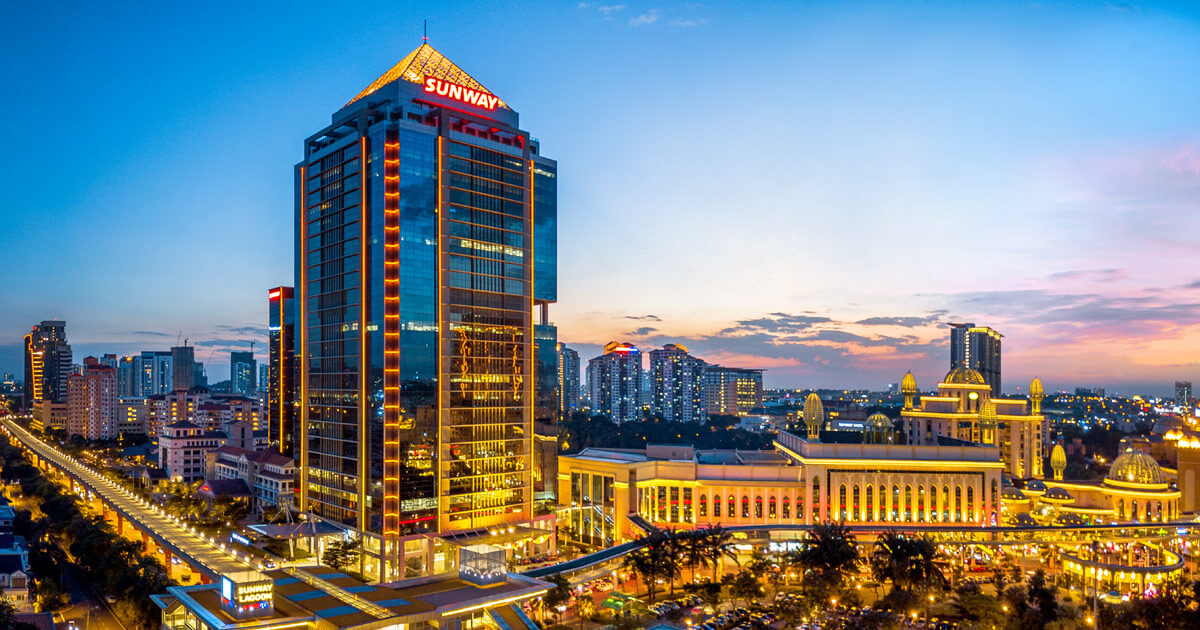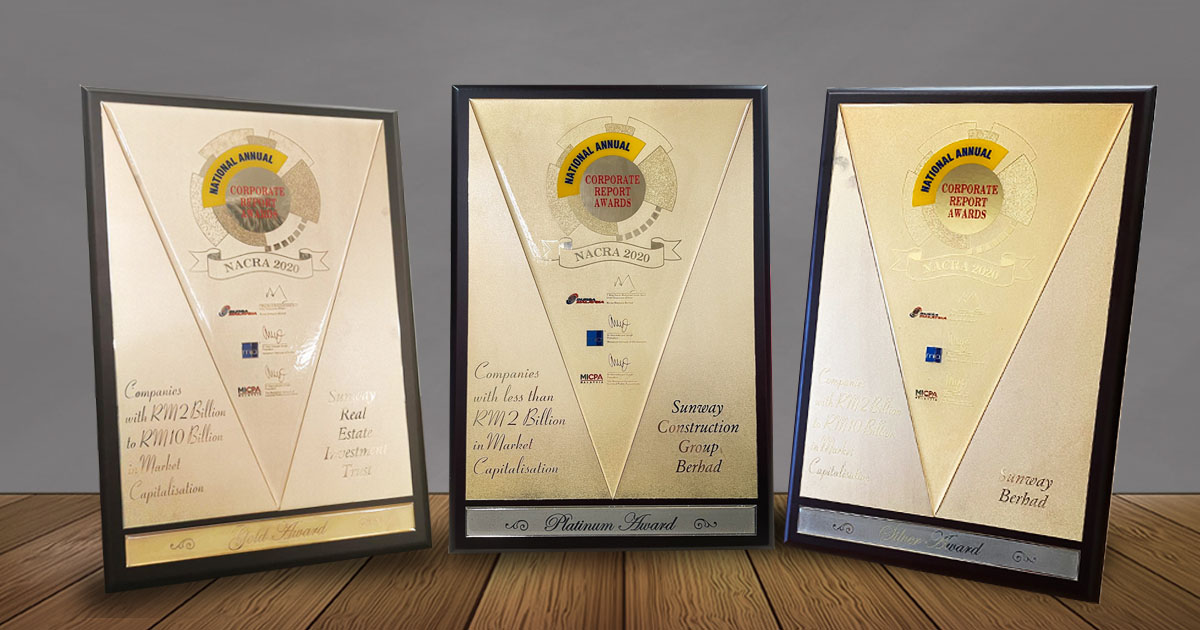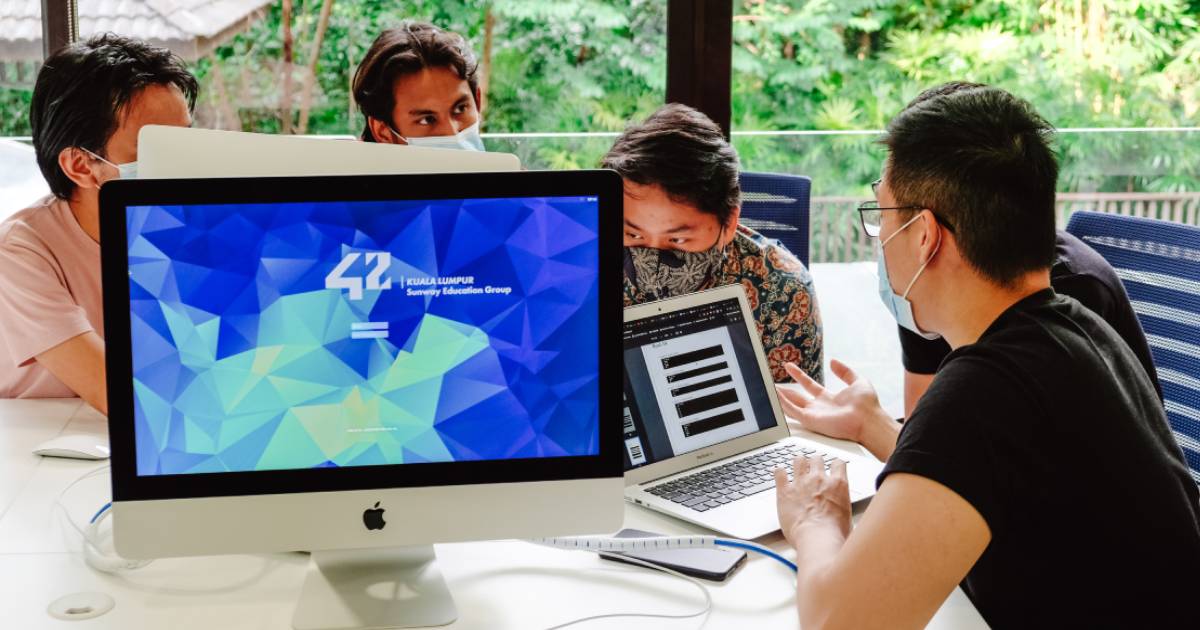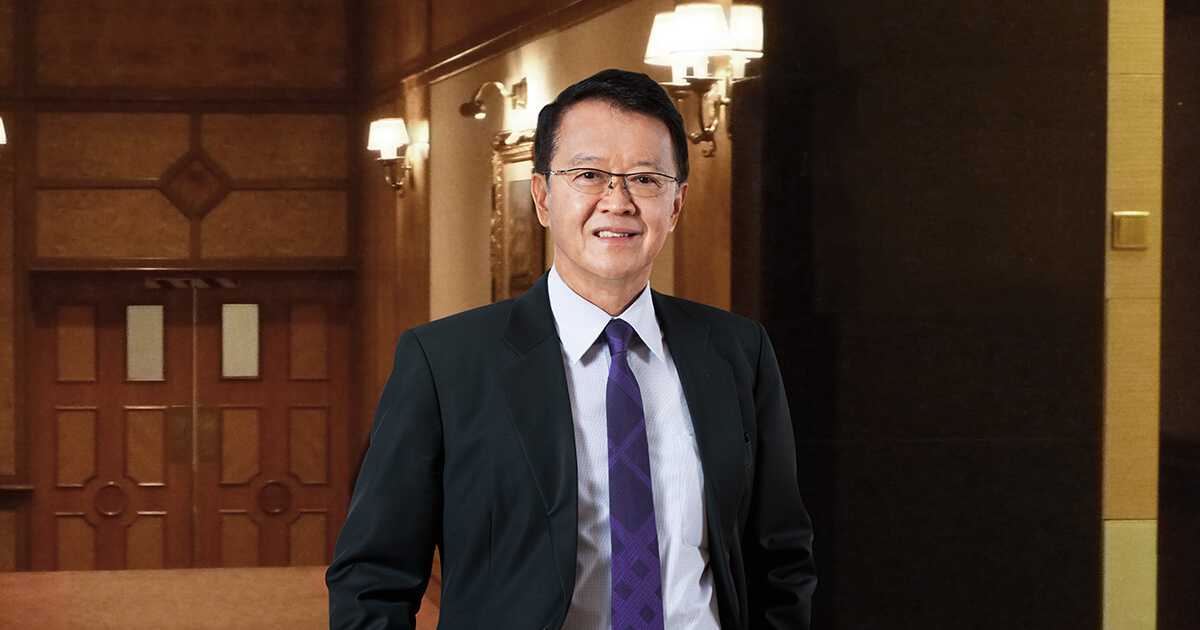The Pursuit of Happiness: Breaking the Hustle Culture Mindset
The boundary between work and personal life has blurred in the last few years with the advent of the Internet and smartphones, which makes office workers reachable even outside the office. For many people around the world, the days of disconnecting and clocking out when the sun is still up are long gone.
This is the current mindset known as the hustle culture, which describes the modern workplace environment where being a good worker means “working till you drop”. It is characterised by the long work hours put in by employees, placing an intense focus on relentless productivity, financial gains and career success, often with little regard for rest and self-care. Whether a baby boomer, Generation X or millennial, they are likely to have a pattern of working habits that glorify the hustle culture.
However, the COVID-19 pandemic and the subsequent lockdowns which resulted in a majority of corporate staff around the world working remotely, have provided a unique opportunity for us to redefine their relationship with work. The once unimaginable concept of working from home in a button-up shirt paired with a pair of shorts has now become a trend. Virtual meetings and get-togethers have now replaced face-to-face interactions.
Of course, negative trends initially appeared as well when the world turned to remote working during the height of the pandemic. Some found the lines between professional and private lives increasingly blurred. Before the pandemic, clocking out meant physically leaving the office, but when your workstation is at home, how do you physically leave your workplace?
With these challenges, comes the opportunity for introspection. This newfound flexibility to work from anywhere has allowed employees greater autonomy to reclaim control over their lives. Employees are now forced to reimagine the traditional structures of work and reassess their priorities in life.
RE-PRIORITISING WORK-LIFE BALANCE
Whilst the mindset of “what you do is who you are” and equating success solely with financial gains have been the norms for many generations, what the Generation Z (Gen-Z) now wants is no longer about money. Employees are beginning to take charge of how they wish to define the balance between their work and personal lives, acknowledging that personal fulfilment and happiness are equally important.

The pandemic was a wake-up call for many employees with the overwhelming influx of virtual meetings, emails and work-related chats. Employees are starting to realise that there are greater priorities in life beyond mere professional achievements. These workers, especially Gen Z, are now more invested in their personal lives as they seek a balanced and fulfilling work-life integration.
This realisation has fuelled the “quiet quitting” movement, although the phrase itself is a misnomer as it does not actually mean quitting one’s job. Instead, it represents a public conversation initiated by the current generation, in particular Gen Z, pushing back against the hustle culture and advocating work-life balance. These young individuals, many at the early stages of their careers, have come to understand that personal time should not be sacrificed for the pursuit of wealth.
“You’re still performing your duties, but you’re not subscribing to the hustle culture mentality that your work is your life. The reality is that it’s not. And your worth as a person is not defined by your labour,” Zaid Khan said in a viral TikTok video that has since garnered worldwide attention.
ADAPTING TO THE NEW NORM
According to talent company Randstad, its recent survey found that one out of every two working Malaysians is willing to quit their current jobs for a healthier work-life balance. The shift in Malaysians’ work approach is clear: there is a greater emphasis on flexibility, personal life and non-monetary benefits. Job satisfaction and happiness are increasingly important, especially for millennials (born between 1981 and 1996), and even more so for Gen Z (born between 1997 and 2012).
Recognising the evolving expectations of employees, Sunway has been at the forefront of fostering a thriving organisational culture that promotes healthy work-life integration without compromising productivity or personal well-being.
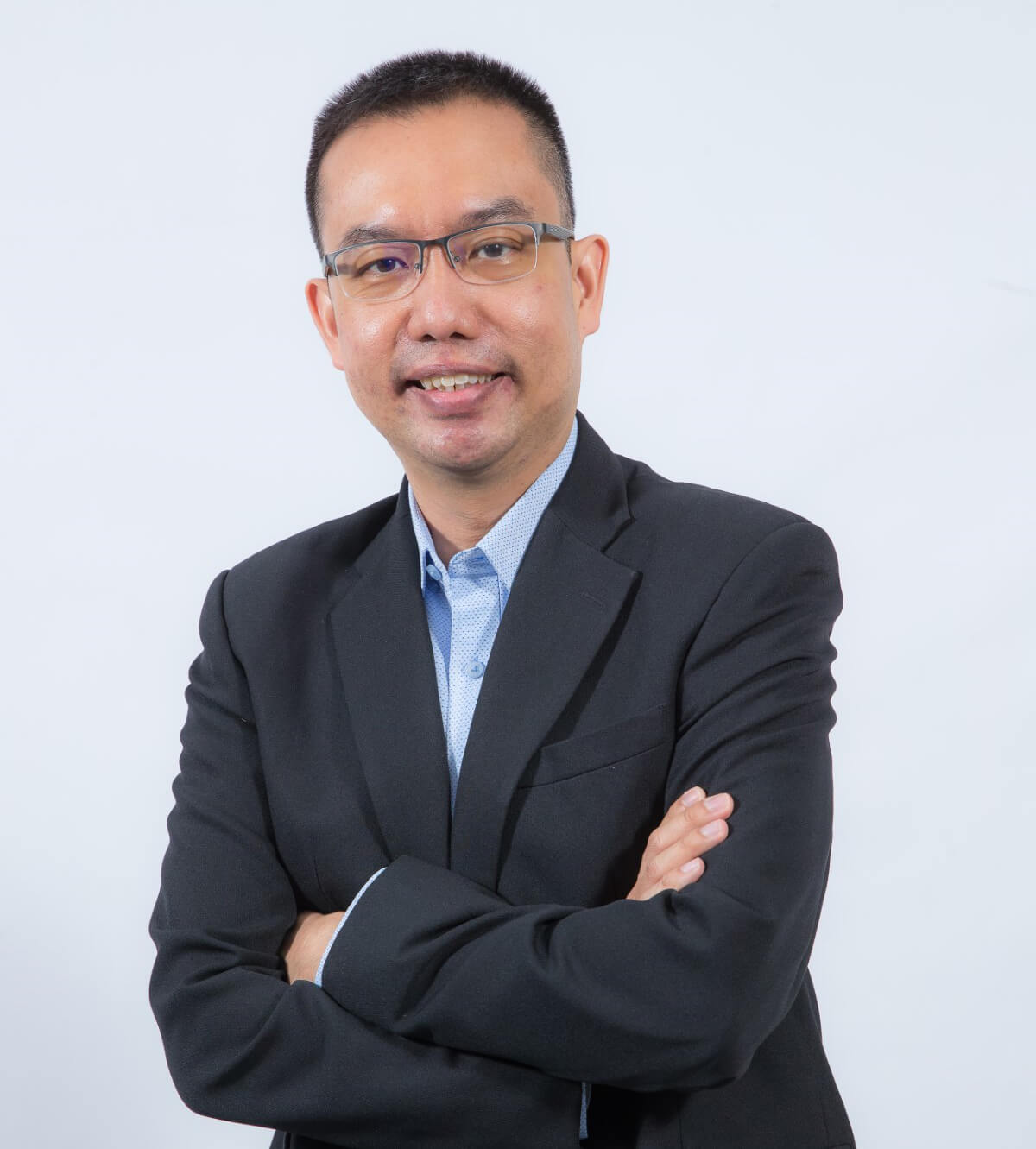
Clayton Tan, deputy chief human resources officer of Sunway Group
“Sunway’s strength lies in the ability to champion diversity and to recognise that each person’s journey is distinct, with different priorities at different life stages. At our core, we believe in offering choices; whether one treasures moments with their family or thrives on the adrenaline of a challenging work life, we celebrate the autonomy to choose the work-life harmony that resonates with them without judgment,” said Sunway Group deputy chief human resources officer Clayton Tan.
Sunway acknowledges the significance of supporting its employees and has implemented flexible working arrangements to empower its employees to shape their own workdays and manage their personal commitments effectively. Sunway also launched the Employee Assistance Programme (EAP), providing round-the-clock access to mental health support through a dedicated multilingual hotline managed by independent and professional counsellors. The programme aims to help employees manage stress, health issues and financial problems or other personal concerns.
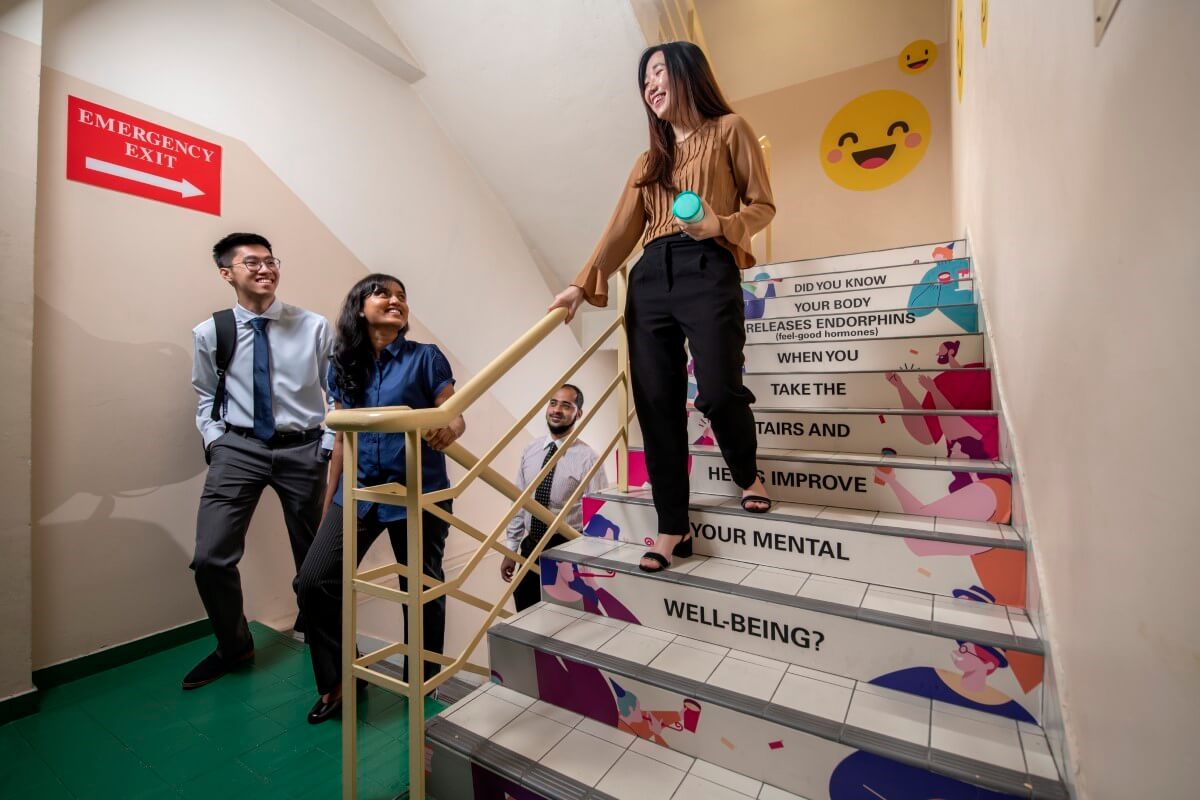
Sunway leads with a progressive approach to encouraging work-life balance, demonstrating how businesses and organisations can adapt and thrive in this new era. By nurturing work-life balance and supporting the well-being of its employees, Sunway exemplifies the core values necessary for a successful, harmonious and sustainable post-pandemic workplace.
The quest for a better work-life balance reflects a broader cultural shift triggered by the aftermath of the pandemic. It indicates a generation that values personal well-being over the relentless pursuit of material success. By embracing the lessons learned during the pandemic and providing support, employers can forge a future where employees can professionally and personally thrive. Sunway’s employee-centric initiatives set a positive example for other organisations to follow, fostering a happier, healthier and more productive workforce.
